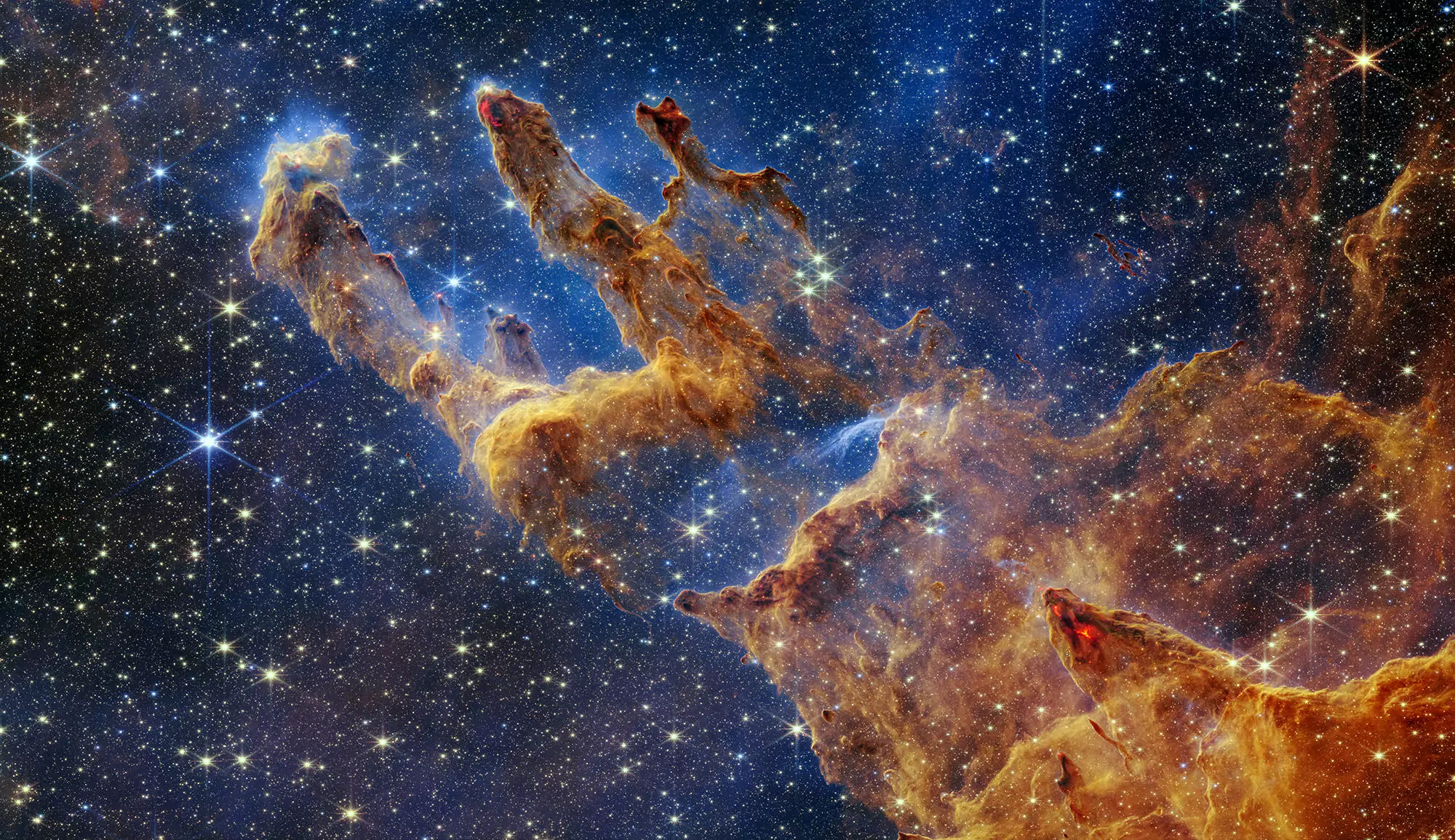This prize was created by the CNRS Foundation in memory of Suzanne Bella Srodogora, the first woman to win a CNRS Crystal Medal, who fought throughout her career to promote the place of women in the world of research and science in general. The jury was chaired by Élisabeth Kohler, director of the Mission pour la Place Des Femmes at CNRS.
This year’s winner, Isabelle Bualé, is an assistant instrument operation engineer, responsible for the solar service at the Laboratoire d’Instrumentation et de Recherche en Astrophysique (LIRA).
She joined Paris Observatory on December 2, 1985 as a member of the systematic solar observations team at Meudon and a member of the photo lab of the Paris Observatory Solar Department (DASOP). Leaving the Lycée Fresnel, she began with a BEP Micromechanics Option Optique Instrumental, followed by a BAC F10 Micromechanics Option Optique Instrumental and then a BTS Optique.
At the start of her career, she began working on Lucien d’Azambuja’s first spectroheliograph and then dismantled this first spectroheliograph in 1989 to make a more modern and easier-to-use version, which has been fully digital since September 2002 (followed by a second digital version in 2017). This instrument now provides world-renowned, high-quality monochromatic images of the solar photosphere and chromosphere.
Since 2002, she has been in charge of the team of solar observers responsible for daily monitoring and observations of the Sun at Meudon 365 days a year, as well as the entire collection of solar images at Paris Observatory - PSL. Over a period of 20 years, this enabled him to digitize important solar data, which today represent a collection unique in the world (10 solar cycles).

